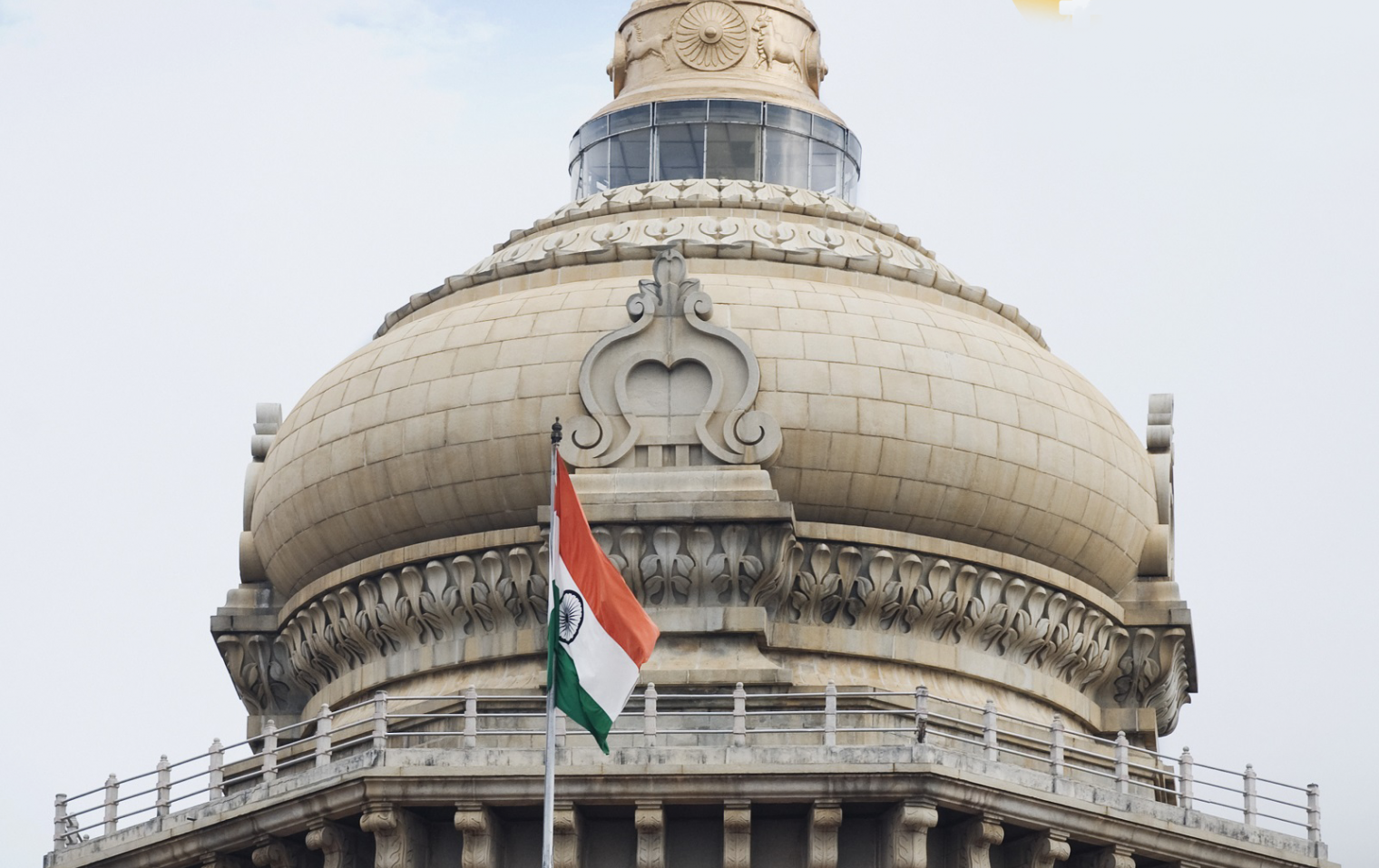CHENNAI, India (Thomson Reuters basis) – Garment people across Karnataka and Tamil Nadu’s states welcomed the government’s choice to scrap a debatable notion to change the guideline on pension withdrawals. Still, it stated the struggle for his or her rights turned into a ways from over.
The authorities on Tuesday dropped its concept – to allow the organization’s contribution to the worker Provident Fund to be launched handiest at the retirement age of 58 – after heaps of protesters clashed with police inside the statistics generation hub Bengaluru.
“The rollback is a small victory for employees’ unions. However, with sweeping labor reforms being brought, we are concerned that the rights of the workers could be overshadowed by way of the welfare of massive groups,” stated R. Karruppusamy, director of Rights training and development Centre, a charity running with girls in the fabric industries in Tamil Nadu.

READ MORE :
- Top Things You Need For A Long Car Trip
- HIV Patients Now Living Long Enough to Develop Alzheimer’s
- Budget 2016: Mr. Arun Jaitley, please make our tax benefits inflation-proof
- Google takes 1 lakh square feet office space on lease in Bengaluru
- Naperville guy pitches tighter requirements for school finance officials
Underneath the existing rules, employees and employers contribute equally to the EPF. Employees can withdraw the total amount saved at any time – as an example for training, healthcare, or hiring on a residence. Unions had been against the idea of restricting withdrawals to the worker’s share of the fund and forcing employees to go away from the authority’s contributions in the fund until retirement.
India is amongst the biggest textile and clothing manufacturers in the world, providing leading global manufacturers. The textile enterprise is also the second-largest enterprise within the country after agriculture. Workers and rights businesses say loads of small and medium-sized enterprises use forced labor and treat employees poorly, abuses ranging from withheld salaries to debt bondage.
“Those workers, typically girls, paintings in susceptible conditions very tolerantly. The government is pushing them to a corner that is why they took to the streets, losing three days of wages,” stated R Prathibha, president of the Bengaluru-primarily based Garment and fabric workers Union, which led the campaign in opposition to exchange in the use of pension fund savings.
Trade unionists have also been hard for the government over the sluggish reduction in social safety advantages for workers inside the textile and garment industries. “There are masses of small and medium corporations employing young girls that don’t give medical advantages, bonus or annual wage hike. Not one of the social welfare schemes is applied right here, and the worker is almost paid everyday wages,” Karruppusamy told the Thomson Reuters Foundation.
Many firms have stopped providing their workforce advantages, including health schemes, bonus provision, and cooperative stores in mill compounds, and pay a universal agreement sum rather. Activists say the prevailing laws are in concept beneficial for employees, but there’s insufficient tracking of the way they’re carried out.
In the case of the Sexual Harassment of women at the administrative center (Prevention, Prohibition and Redressal) Act, 2013, he said there were no active committees to monitor lawsuits inside the greater than 400 textile generators in Tamil Nadu’s Erode vicinity on my own. “Ensure compliance” (with the law) is the slogan of trade unions throughout the region that have followed as people in Bengaluru put together to start work when their factories reopen after being closed for 2 days of protests.











